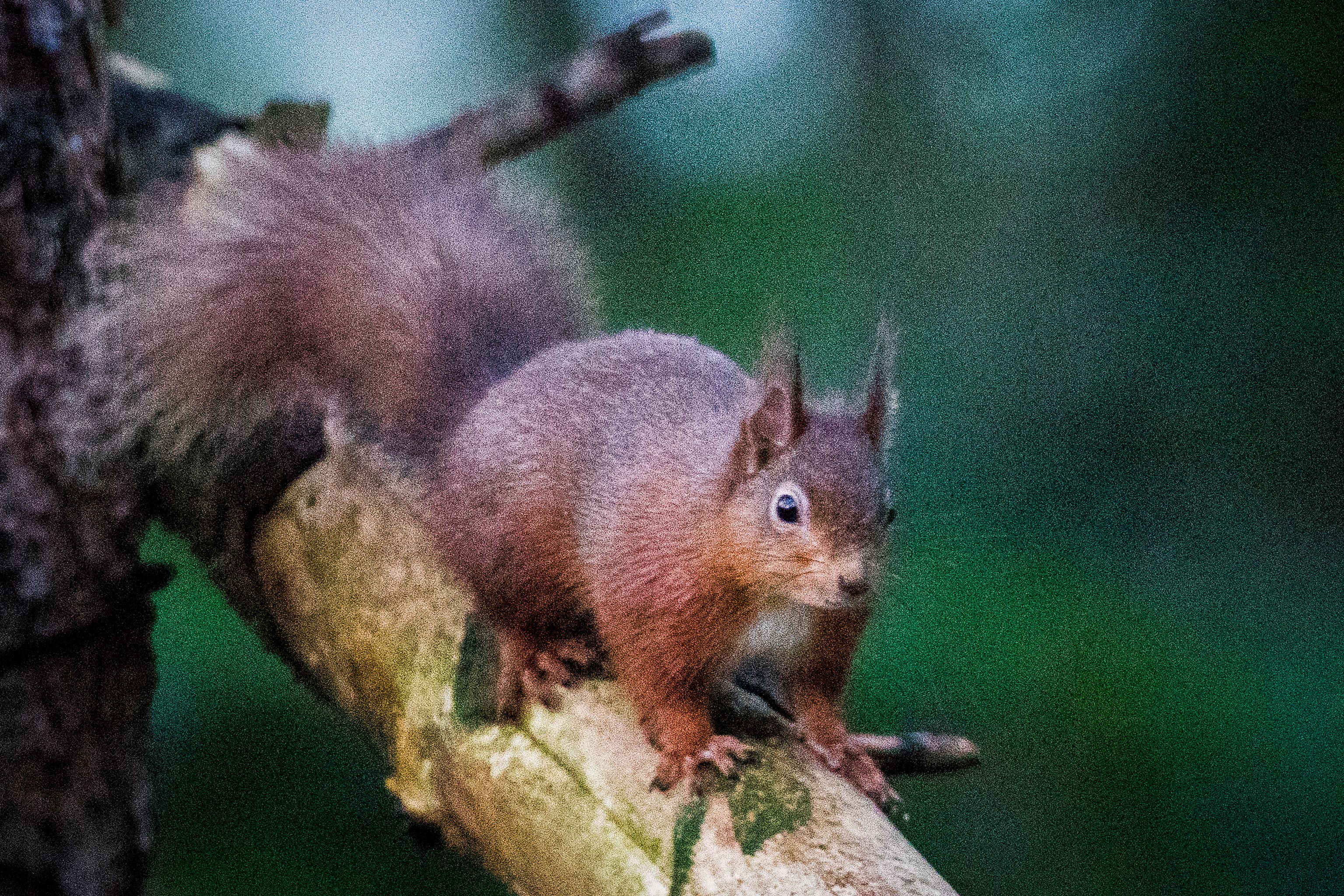Secret to why grey squirrels outcompete reds may lie in gut bacteria – study
The findings could also explain their destructive bark stripping behaviour, researchers say.

Your support helps us to tell the story
From reproductive rights to climate change to Big Tech, The Independent is on the ground when the story is developing. Whether it's investigating the financials of Elon Musk's pro-Trump PAC or producing our latest documentary, 'The A Word', which shines a light on the American women fighting for reproductive rights, we know how important it is to parse out the facts from the messaging.
At such a critical moment in US history, we need reporters on the ground. Your donation allows us to keep sending journalists to speak to both sides of the story.
The Independent is trusted by Americans across the entire political spectrum. And unlike many other quality news outlets, we choose not to lock Americans out of our reporting and analysis with paywalls. We believe quality journalism should be available to everyone, paid for by those who can afford it.
Your support makes all the difference.The secret to why grey squirrels outcompete their red counterparts may lie in their gut bacteria, scientists believe.
Grey squirrels are an invasive species from North America that was introduced to the UK and Ireland in the late 19th century.
They out-compete the native red squirrels for food and space and carry a disease, called the squirrel pox virus, which kills the reds but has no known lasting effect on the greys.
Not only are grey squirrels larger and more robust than red squirrels, we have now identified a significant difference in their gut bacterial microbiota, potentially giving them another advantage over reds
Grey squirrels also pose a threat to the sustainable management of woodlands because of the damage they cause to trees by bark stripping, a behaviour that was not fully understood by experts.
Now an analysis of the gut microbiome – the ecosystem of microbes that live in intestines – of both red and grey squirrels has revealed the latter to have a more diverse gut bacteria.
The researchers used DNA sequencing methods to identify the different types of bacteria in the guts of both red and grey squirrels.
The team found a particular type of microbe in the digestive systems of grey squirrels that helps break down a plant compound known as oxalate.
According to the researchers, the presence of this bacteria suggests grey squirrels can digest calcium from tree bark, which could also explain their destructive bark stripping behaviour.
The team said its findings, published in the Journal of Medical Microbiology, show grey squirrels have not only better general health and immunity compared to red squirrels but they also have a broader diet and are able to access a wider range of resources.
The more we know about grey squirrels, the more equipped we're going to be in the future to tackle the threats they pose to red squirrels and our native trees, which is one of the biggest problems for forest conservation in the UK
Lead author Roberto La Ragione, professor of veterinary microbiology and pathology at the University of Surrey, said: “Red squirrels are now an endangered species in the UK.
“Not only are grey squirrels larger and more robust than red squirrels, we have now identified a significant difference in their gut bacterial microbiota, potentially giving them another advantage over reds.”
Study co-author Chris Nichols, conservation evidence manager at the Woodland Trust, said: “The more we know about grey squirrels, the more equipped we’re going to be in the future to tackle the threats they pose to red squirrels and our native trees, which is one of the biggest problems for forest conservation in the UK.”
He added: “More research needs to be done to further understand the relationship between red and grey squirrels and their gut microbiota, but perhaps in the future we could develop this research into methods that could promote healthy gut bacteria in red squirrels or new ways of preventing squirrels from damaging trees.”